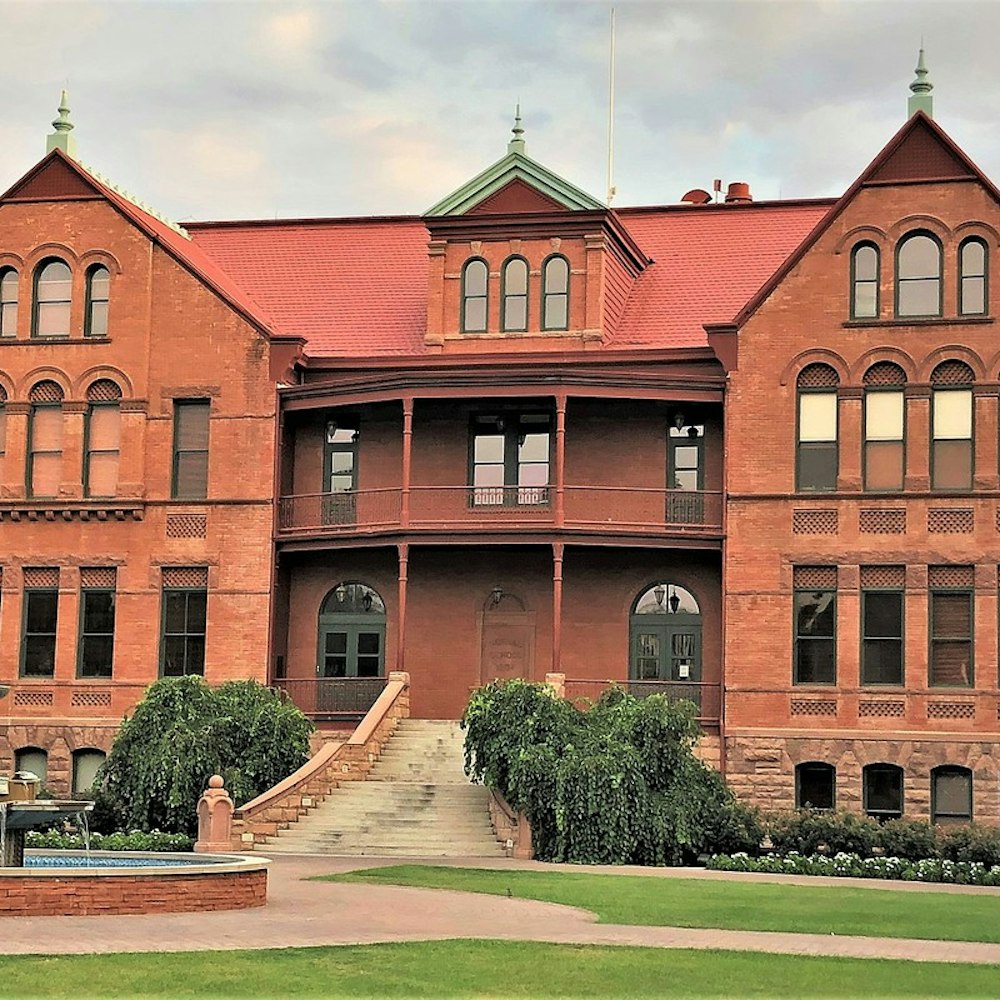
A long-overdue examination of the quality of life for Black residents in Austin has been tackled by Measure and the Austin Justice Coalition. The recent "State of Black Austin" report, published on Measure's website this past Monday, marks a critical evaluation since a 15-year gap following the City's 2008 African American Quality of Life study.
Disheartening findings in the report, according to CultureMap Austin, include that Black households' median income in 2019 was a mere 54 cents to every dollar earned by white households. Highlighted too are the consistent underrepresentation in the arts, dire economic disparities, and systemic neglect in education and employment opportunities for Black Austinites.
With a focus on six key areas including arts and culture, education, and community safety, the report zeroes in on persistent racial inequities hampering Black lives. As Austin's Live Music Capital status overshadows the harsh reality, the Black community in Austin received a paltry 2 percent of the city's cultural funding over six years, while Black musicians reported widespread racial discrimination at venues.
Black residents are not only disproportionately grappling with economic barriers; they are also saddled with inequitable health outcomes. As noted by the report, they suffer the highest mortality rates in four critical health concerns. Further exacerbating these problems are issues such as reduced healthcare access and higher poverty rates that cut life expectancies in the Black community short compared to other residents.
The criminal justice system doesn't fare any better. While composing just 7.5% of the population Black Austinites accounted for 25% of arrests in 2018. The suggested solution includes a shift toward mental health and social services to combat over-policing and ensure community safety.
Chas Moore, Executive Director of AJC, has been vocal about the snail-paced progress since the 2008 report, telling KVUE, "None of those recommendations have been implemented. Not much has happened and things have gotten slightly worse." The Coalition has advocated for policies including rights to return for those displaced by gentrification.
An unidentified Austin city spokesperson, in response to the address, said, "We haven’t had a chance to review the report nor were we involved in the research or reporting, so we are unable to offer a comment on it at this time." The AJC aims to use the "State of Black Austin" address findings to push for tangible improvements across various crucial living parameters for the city's Black residents.









.webp?w=1000&h=1000&fit=crop&crop:edges)